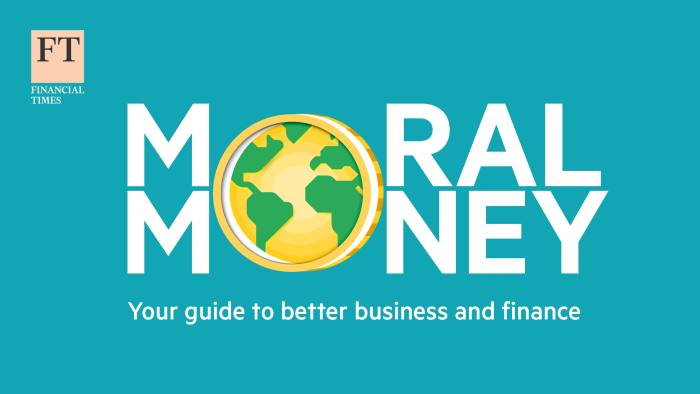[ad_1]
Kevin Johnson, Starbucks’s chief executive, earned a slice of his 2021 bonus by slashing plastic straws and methane emissions — an example of a trend by US companies to add environmental and social targets to bonus packages.
Starbucks joined Apple and Disney in adding new environmental and workplace targets to 2021 pay, according to an analysis by Sentieo, a data provider. Shareholders will get to vote on these provisions in March when the companies hold annual meetings.
Pay tied to corporate social responsibility has jumped above 20 per cent at Russell 3000 companies, up from 7 per cent in 2018, according to Institutional Shareholder Services ESG, the proxy adviser’s responsible investment arm. Pay provisions tied to workplace diversity hit 11 per cent in 2021, from 2.5 per cent in 2018, the proxy adviser said.
In 2021, Starbucks failed to win investor support for its executive bonuses for the previous year, in part because of a $50mn retention bonus offered to Johnson. As a result, the coffee chain revamped its bonus packages and added new environmental and human-rights criteria.
For Johnson, 10 per cent of his annual bonus was tied to environmental provisions, including efforts to “eliminate plastic straws” and “farm-level methane reduction” among other things. Starbucks said it rolled out natural, biodegradable straws in September 2021 and that a sustainable dairy initiative is starting this year.
Another 10 per cent of pay was tied to retaining minority workers, and other workplace goals, Starbucks said.
Johnson achieved all his annual bonus targets and his total 2021 pay jumped to $20.4mn from $14.7mn in 2020 and $19.2mn in 2019.
As bonuses tied to environmental, social and governance (ESG) issues increase, shareholders are sceptical. Investors have grown frustrated with big bonuses awarded with little accountability. A record number of S&P 500 companies failed to win investor support for bonuses in 2021.
ESG pay provisions tend to be vague, and asset managers expressed concerns that if ESG pay replaces bonus targets tied to share price performance, then executives could be insulating bonuses during a turbulent stock market this year.
“There is definitely a concern that you look at [stock] market valuation and you look at pay packages and they can anticipate where we are in the cycle,” said John Hoeppner, head of US stewardship at Legal & General Investment Management America. “That is absolutely a concern of all long-term investors.”
ESG metrics in pay “are either incredibly broad and high level and almost always — at least in the US — coming into the short-term [pay] programme,” said Caitlin McSherry, a vice-president and director of investment stewardship at Neuberger Berman.
“It is fair to be sceptical of what truly is at risk in performance-based pay, particularly around the more qualitative elements being brought in,” such as ESG, she said.
Apple in 2021 incorporated an ESG provision to executives’ annual cash bonuses that can increase pay by 10 per cent based on “Apple values and other key community initiatives,” according to ISS. But because executives at the company hit bonus targets for sales and income, the ESG element was not added to the bonus, the company said.
Climate Capital

Where climate change meets business, markets and politics. Explore the FT’s coverage here.
Are you curious about the FT’s environmental sustainability commitments? Find out more about our science-based targets here
ISS recommended Apple shareholders vote against pay for chief executive Tim Cook and other executives at the tech group earlier this month.
Meanwhile, Disney incorporated diversity and inclusion targets, making these criteria the highest-weighted non-financial metric in the company’s 2021 bonus plan.
Apple declined to comment beyond its regulatory filings. Starbucks and Disney did not respond to requests for comment.
Companies should move toward quantifiable ESG-pay metrics, such as the specifics Starbucks adopted, said Robin Ferracone, founder of Farient Advisors, a pay consultancy. Companies should be “afraid of the blowback” if they pay bonuses derived from imprecise ESG metrics, she said.
“If an [ESG] measure is not supportable you could get yourself in trouble with the Securities and Exchange Commission,” she said. “With more quantification, it is going to be harder and harder to fudge the outcomes.”
Moral Money

Moral Money is our twice weekly newsletter covering sustainable business, finance and investing. Sign up here for breaking news and insightful analysis on this bubbling revolution.
[ad_2]
Source link

